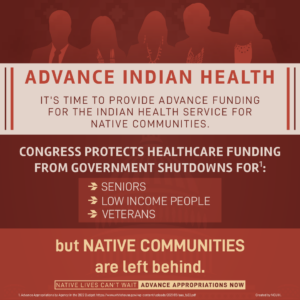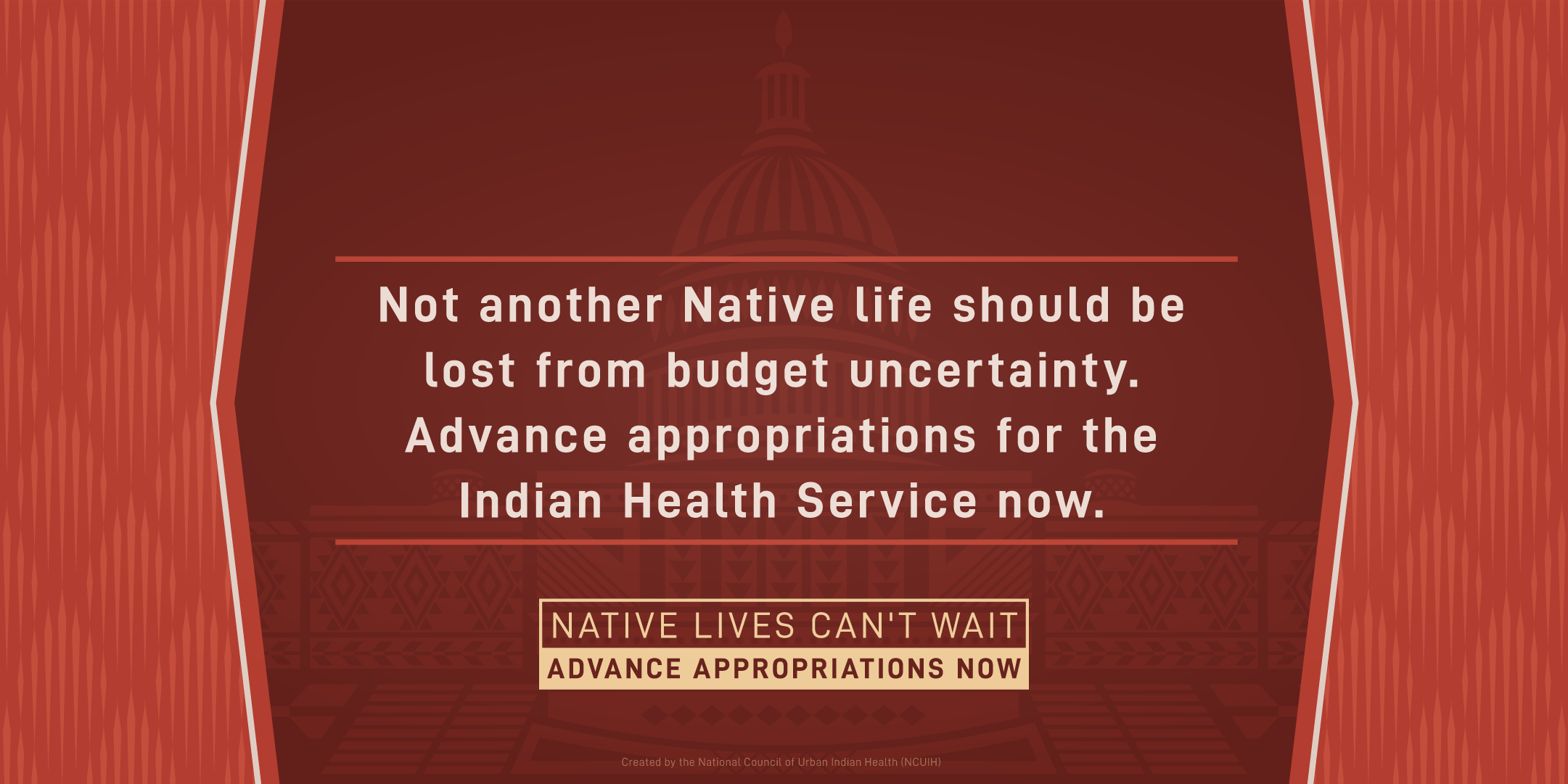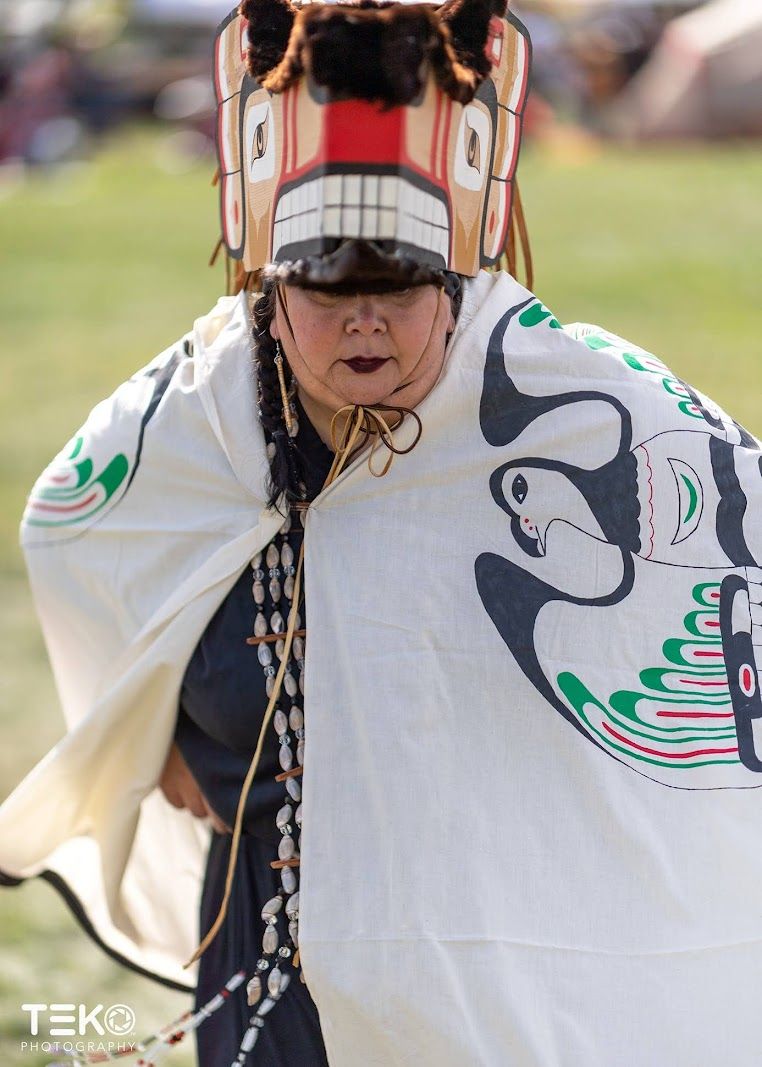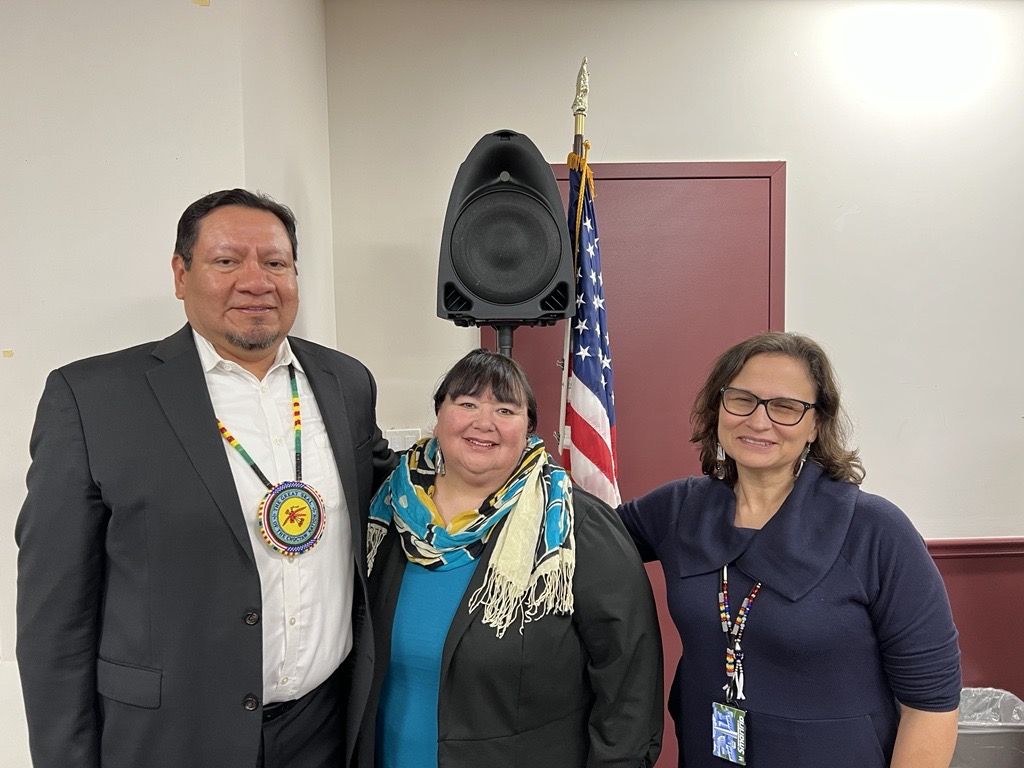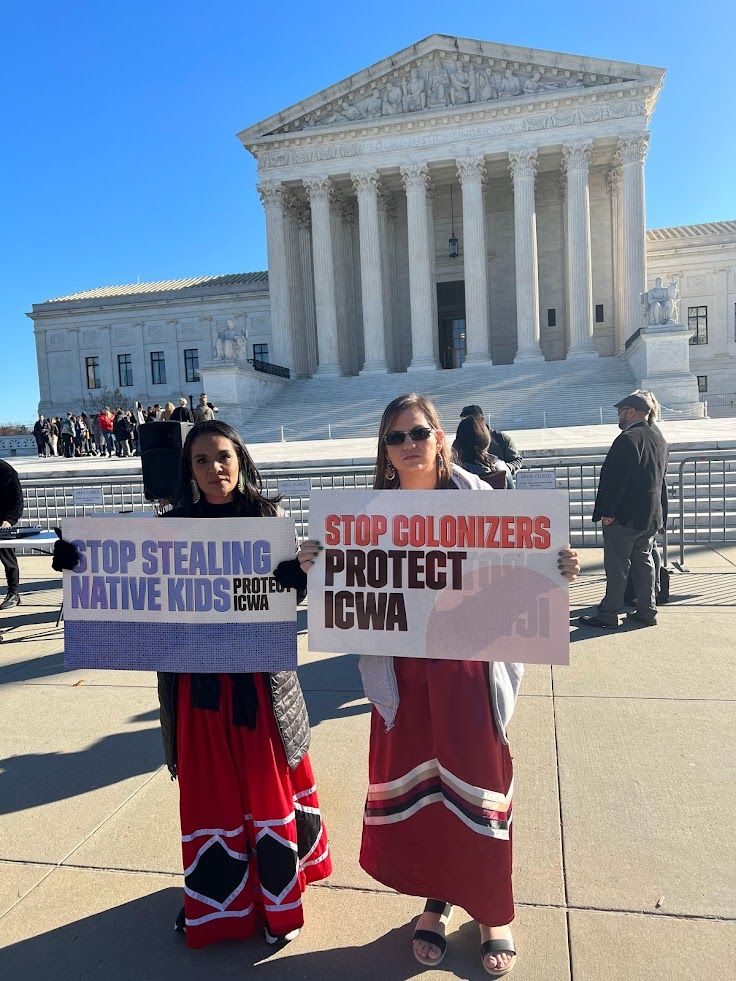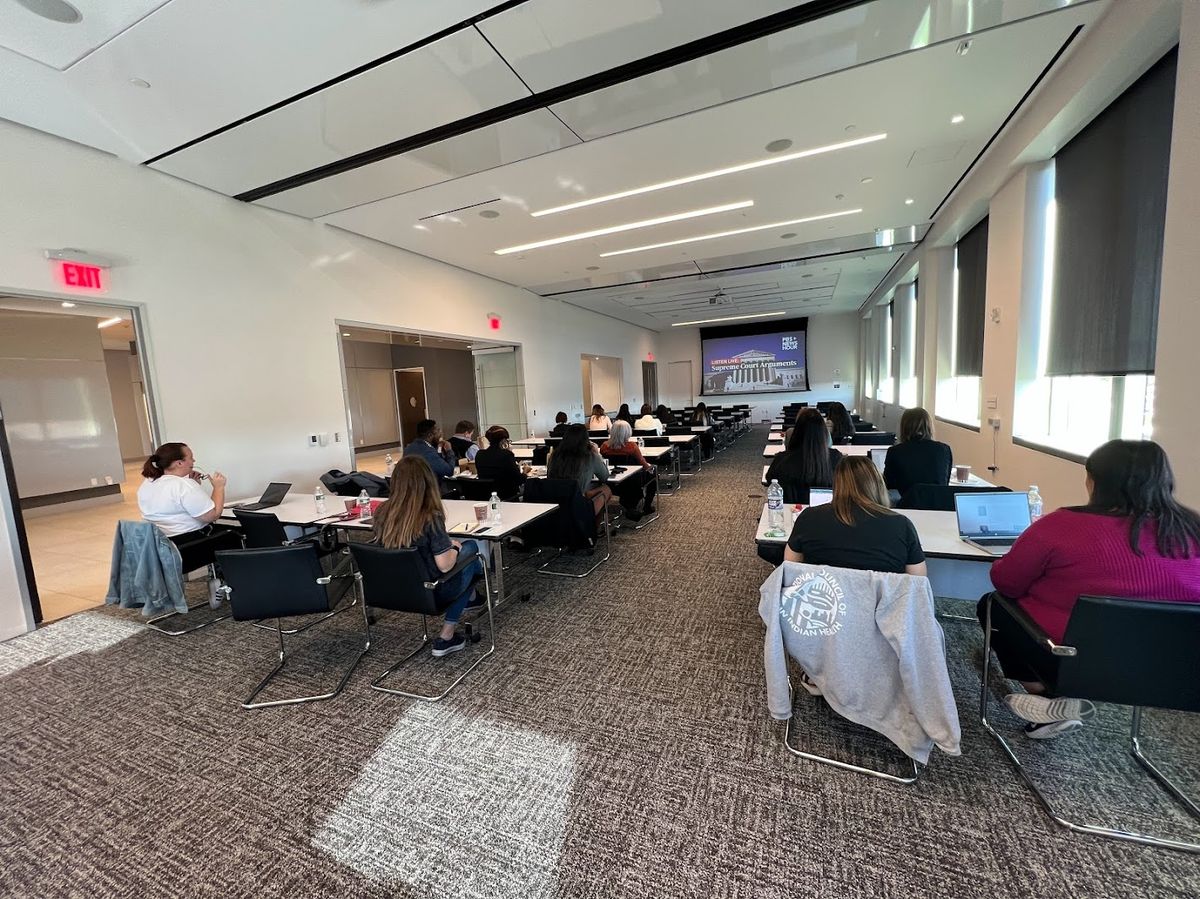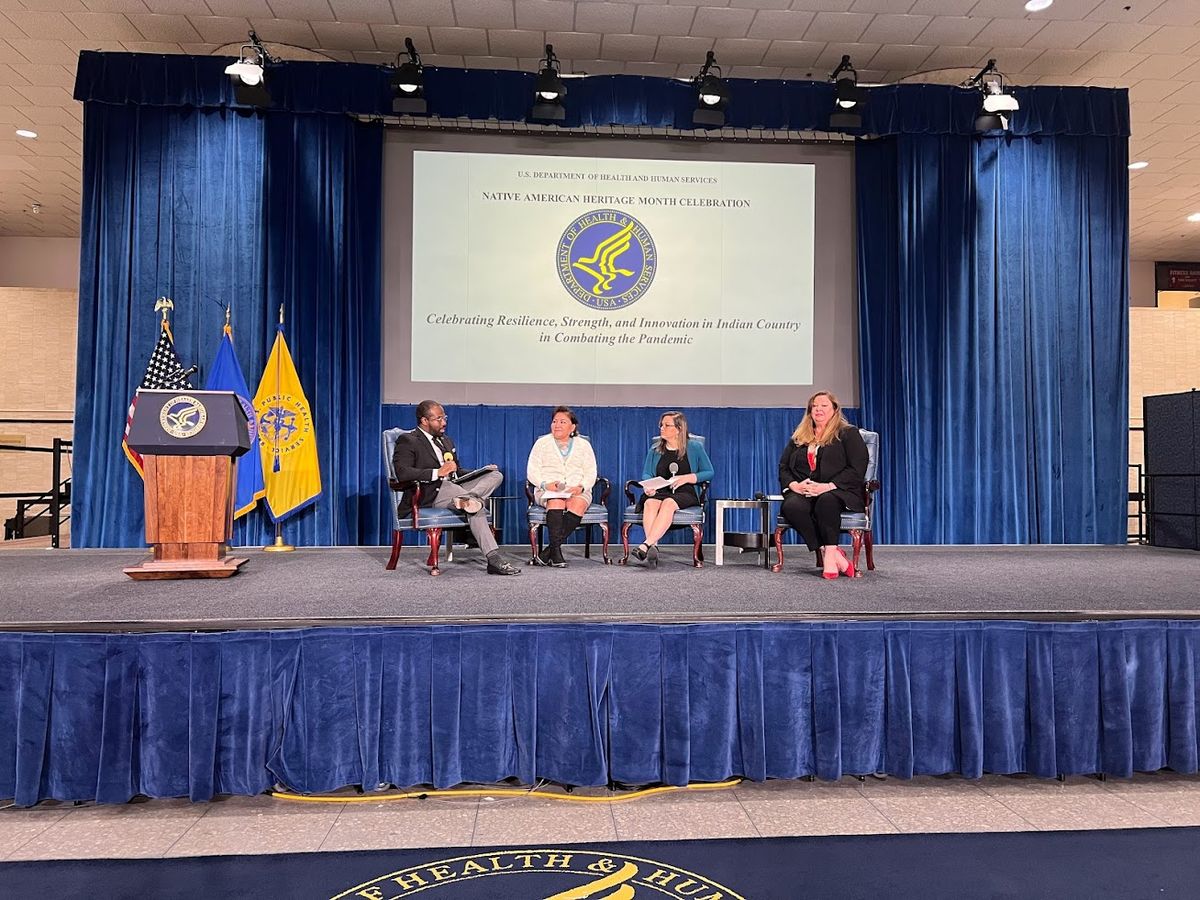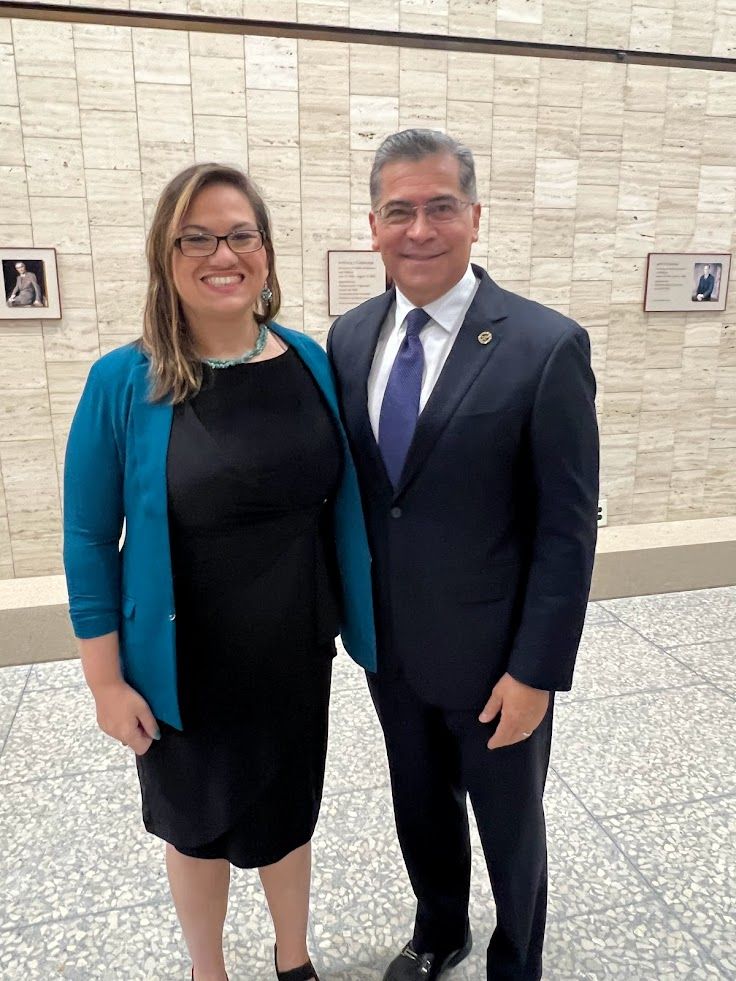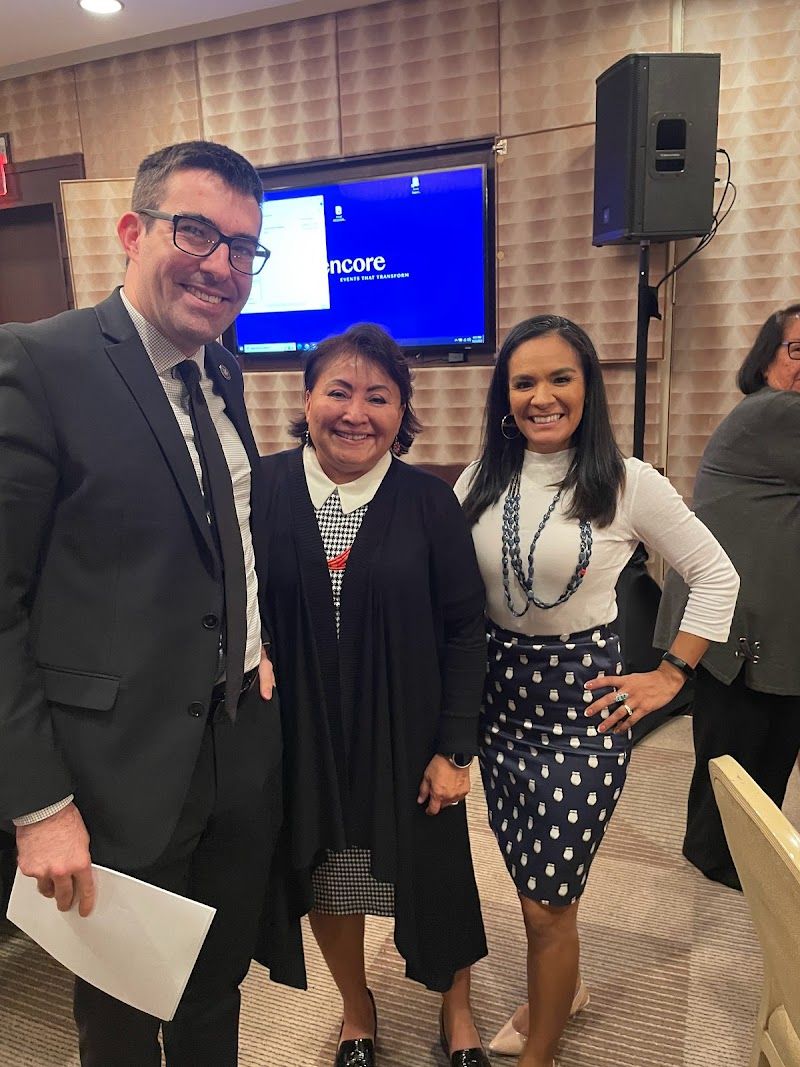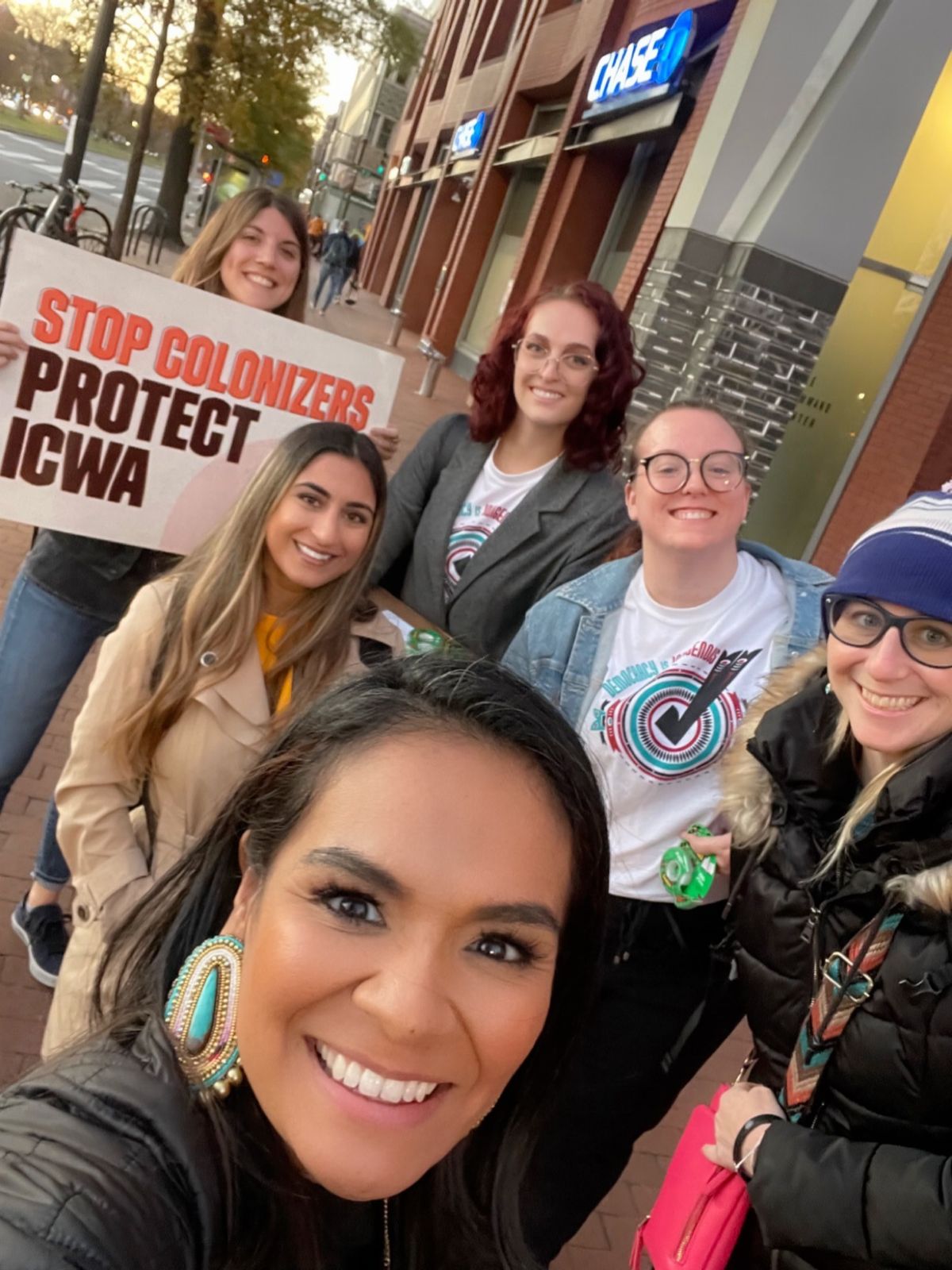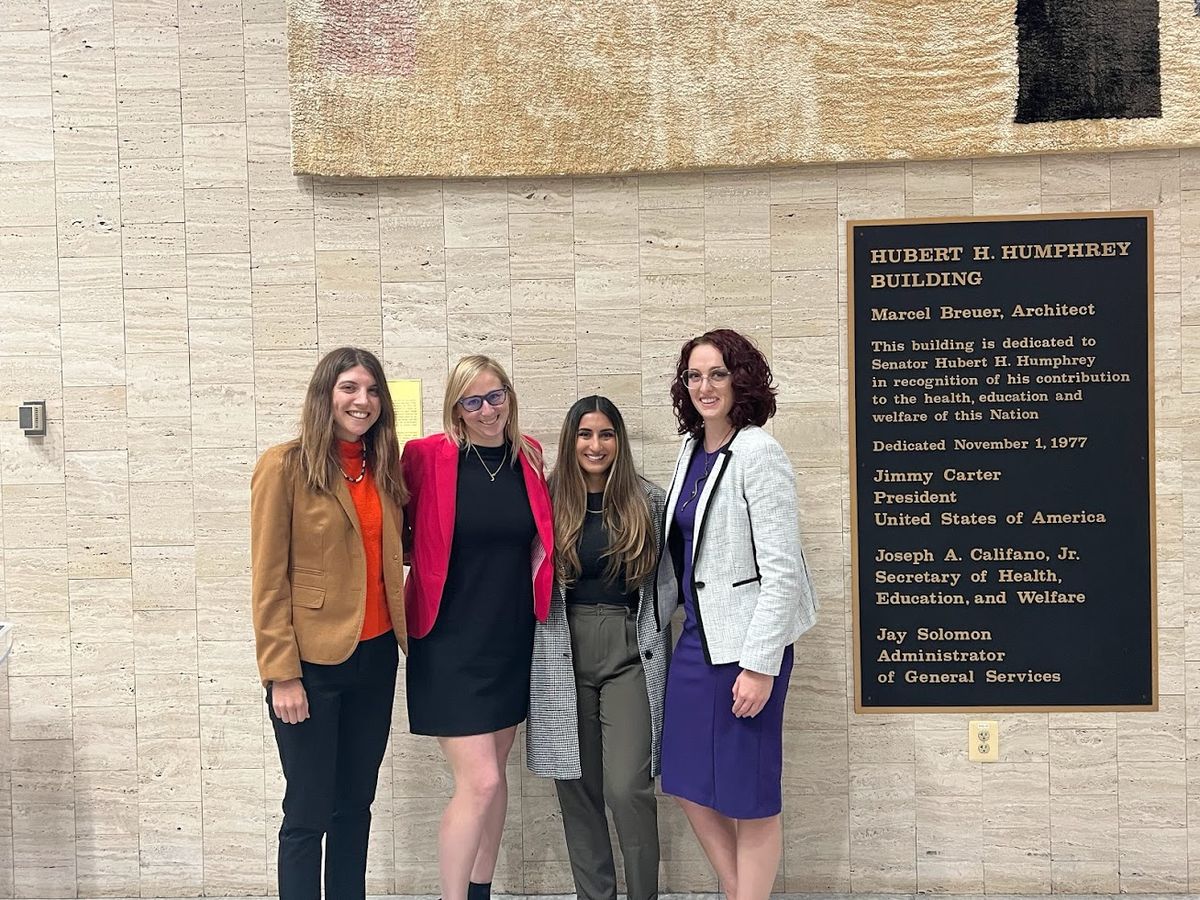On October 20, 2022, the American Indian/Alaska Native (AI/AN) Health Partners sent letters to House and Senate Interior, Environment, and Related Agencies Subcommittee leadership regarding the fiscal year (FY) 2023 appropriations. In those letters, AI/AN Health Partners urged that the Senate requested advance appropriations amount of $5.577 billion be included in the final FY 2023 IHS appropriation package, among other Indian health provisions.
Letter Highlights
The AI/AN Health Partners stated that since IHS has been chronically underfunded, it often does not have sufficient resources to accomplish its duty of raising the physical, mental, social, and spiritual health of all Native people to the highest standard.
They continue by explaining how the need for advance appropriations was highlighted in a Government Accountability Office (GAO) report from September 2018. In that report, IHS officials and Tribal representatives explained how budget uncertainty resulting from continuing resolutions (CRs) and government shutdowns has a variety of negative effects on the Indian Health system. This includes the lack of access to vital health resources, challenges recruiting and retaining employees (resulting in staffing shortages), and the inability to fund planned pay increases (such as cost-of-living adjustments).
The coalition also noted that the Senate bill provided for advance appropriations, whereas the House bill did not. The letters conclude by requesting the full inclusion of the Senate-provided funding for advance appropriations in the final FY 2023 appropriations package.
Full Letter Text
The full text of the AI/AN Health Partners letter to Senate appropriators can be found below:
Dear Chairman Merkley and Ranking Member Murkowski:
The AI/AN Health Partners is a coalition of health organizations dedicated to improving health care for American Indians and Alaska Natives (AI/ANs). AI/ANs face substantial health disparities, and higher mortality and morbidity rates than the general population. The Indian Health Service (IHS) is critical to how they access health care. However, the IHS must have sufficient resources to meet its mission to raise the physical, mental, social, and spiritual health of American Indians and Alaska Natives to the highest level.
A long-standing priority for our organizations has been to increase the professional workforces in facilities run by the IHS and tribal organizations. As you work to finalize fiscal year 2023 appropriations for the IHS, we urge you to include several significant budget increases that we believe will dramatically improve the delivery of health care to AI/ANs.
The Health Professions account provides loan repayment, the Service’s best recruitment tool, for providers who work in Indian Country. It also funds scholarships for Native American health care students. Currently, the IHS lacks sufficient funding to meet its needs. The Service has over 1,398 vacancies for health care professionals. In fiscal year 2021, a total of 1,658 health care professionals received loan repayment. However, the IHS had 341 requests for loan repayment that could not be fulfilled. At the same time, the Service had over 500 new scholarship applicants but was only able to fund 255 new awards. For fiscal year 2023, we urge you to support the House Interior Appropriations bill amount of $93,568,000 for the Indian Health Professions account to help the IHS to close its vacancy gap.
Medical and diagnostic equipment
Health care professionals need modern equipment to make accurate clinical diagnoses and prescribe effective medical treatments. The IHS and tribal health programs manage approximately 90,000 devices consisting of laboratory, medical imaging, patient monitoring, pharmacy, and other biomedical, diagnostic, and patient equipment. However, many of these facilities are using outdated equipment like analog mammography machines. In some cases, they are using equipment that is no longer manufactured. Today’s medical devices/systems have an average life expectancy of approximately six to eight years. The IHS calculates that to replace the equipment at the end of its six to eight-year life would require approximately $100 million per year. We urge you to support the fiscal year 2023 House-approved amount of $118,511,000 for health care facilities equipment.
Staff Quarters
Decent staff housing is essential for the IHS and tribes to be able to recruit health care personnel. Many of the 2,700 staff quarters across the IHS health delivery system are more than 40 years old and in need of major renovation or total replacement. Additionally, in a number of locations the amount of housing units is insufficient. Decent staff quarters, especially in remote areas, is essential for attracting and keeping health care providers in Indian Country. In a March 23, 2021, hearing before the House Natural Resources Subcommittee for Indigenous Peoples of the United States, the Honorable Rodney Cawston, Chairman, Colville Business Council Confederated Tribes of the Colville Reservation Nespelem, WA spoke about how the lack of housing affected tribes’ ability to attract health care workers “Included in the housing needs on a reservation to recruit working professionals, especially medical professionals to rural communities like Washington state it’s always difficult because we don’t always have the available housing for working professionals.”
For fiscal year 2023, the House Appropriations Committee set aside $40,000,000 in the Health Care Facilities line item specifically for staff quarters at existing facilities. We strongly urge you to support this directive. The Senate Interior Subcommittee included report language seeking a report on the situation, but that will delay needed funding for at least two years.
Electronic Health Record
Being able to have a modern electronic health record (EHR) system, is essential to enable the IHS and tribal health professionals to provide accurate and vital health care for patients. The IHS uses its EHR for all aspects of patient care, including maintaining patient records, prescriptions, care referrals, and billing insurance providers that reimburse the Service for over $1 billion annually. A new EHR system will allow the IHS and tribes to communicate with other entities that AI/AN patients seek care from like the Veterans Affairs, Department of Defense, and tribal and urban Indian health programs. We urge you to support a fiscal year 2023 appropriation of $284,500,000 for an electronic health record system. This is the same amount that the House approved, and the Administration requested.
Advanced appropriations
Our organizations were pleased that for fiscal year 2023, the Senate Interior Subcommittee provided $5,577,077,000 for advanced appropriations for the Indian Health Service. The need for the advanced appropriations was addressed in a September 2018 GAO report, “INDIAN HEALTH SERVICE Considerations Related to Providing Advance Appropriation Authority.” IHS officials, tribal representatives, and other stakeholders told the GAO how budget uncertainty resulting from continuing resolutions (CRs) and government shutdowns can have a variety of effects on the provision of IHS funded health care services for AI/ANs. Regarding recruitment and retention of health care providers, GAO reported that IHS officials and tribal representatives said that funding uncertainties can exacerbate challenges to staffing health care facilities:
“…when recruiting health care providers, IHS officials said CRs and potential government shutdowns create doubt about the stability of employment at IHS amongst potential candidates, which may result in reduced numbers of candidates or withdrawals from candidates during the pre-employment process. IHS officials said that many providers in rural and remote locations are the sole source of income for their families, and the potential for delays in pay resulting from a government shutdown can serve as a disincentive for employees considering public service in critical shortage areas that do not offer adequate spo
usal employment opportunities. Tribal representatives said CRs create challenges for tribes in funding planned pay increases— such as cost-of-living adjustments— for health care staff at their facilities, and they may, as a result, defer increases.”
The House Appropriations Committee did not include funding for advanced appropriations in its fiscal year 2023 bill for the Indian Health Service. We urge you to maintain the Senate advanced appropriations amount of $5,577,077,000 in the final Fiscal year 2023 IHS appropriation.
Thank you for considering our requests. We look forward to working with you to improve health care for American Indians and Alaska Natives.
About the AI/AN Health Partners
The AI/AN Health Partners is a coalition of health organizations dedicated to improving health care for AI/ANs. Members of this coalition, all of whom signed the letters to the House and Senate appropriators, include:
- The Academy of Nutrition and Dietetics
- The American Academy of Dermatology Association
- The American Academy of Pediatrics
- The American Association of Colleges of Nursing
- The American Association of Colleges of Osteopathic Medicine
- The American College of Obstetricians and Gynecologists
- The American Dental Association
- The American Dental Education Association
- The American Psychological Association
- The Association of American Medical Colleges
- The Commissioned Officers Association of the USPHS
- The National Kidney Foundation
Background and NCUIH Advocacy
AI/ANs face substantial health disparities compared to the general population. In the Fiscal Year (FY) 2023 Performance Budget Submission to Congress, the Indian Health Service (IHS) highlights these disparities, noting that the “Indian health system is chronically underfunded compared to other healthcare systems in the United States”.
The National Council of Urban Indian Health’s (NCUIH) analysis revealed that the US spends $11,172 in healthcare costs per person. In contrast, Tribal and IHS facilities receive $4,078 per IHS eligible patient, while Urban Indian Organizations (UIOs), which support the over 70% of AI/ANs living off-reservation, receive just $672 per AI/AN patient from the IHS budget. This low per-patient spending makes it difficult for UIOs to address growing patient needs.
NCUIH has been a staunch advocate for adequate funding of IHS, especially advance appropriations. NCUIH’s 2022 Policy Priorities includes securing advance appropriations as a top policy priority to improve AI/AN health and improve funding certainty for IHS. Advance appropriations has been a priority for Indian Country for years and has broad support from Native health advocates. Over the past 10 years, there have been six resolutions in support of advance appropriations from NCUIH, the United South and Eastern Tribes (USET), the Inter-Tribal Council of the Five Civilized Tribes (ITC), the National Indian Health Board (NIHB), the National Congress of American Indians (NCAI), and the American Bar Association.
On January 17, 2019, NCUIH sent a letter to the Vice Chairman of the Senate Committee on Indian Affairs (SCIA), Tom Udall, in support of IHS advance appropriations legislation. On March 9, 2022, NCUIH joined NIHB and over 70 Tribal nations and national Indian organizations in sending a series of joint letters to Congress requesting advance appropriations for IHS in the FY 2022 omnibus. NCUIH also sent letters to Speaker Pelosi, House Minority Leader McCarthy, Senate Majority Leader Schumer, Senate Minority Leader McConnell, the Senate Interior Appropriations Committee, and the Senate Committee on Indian Affairs in support advance appropriations for IHS. Most recently, NCUIH also passed a resolution on August 22, 2022 in support of advance appropriations.
NCUIH Additional Resources on Advance Appropriations
NCUIH has a variety of additional resources including:
Next Steps
NCUIH continues to advocate for the inclusion of advance appropriations for IHS in the final appropriations package. NCUIH will also provide updates on the status of advance appropriations in Congress during final negotiations.


